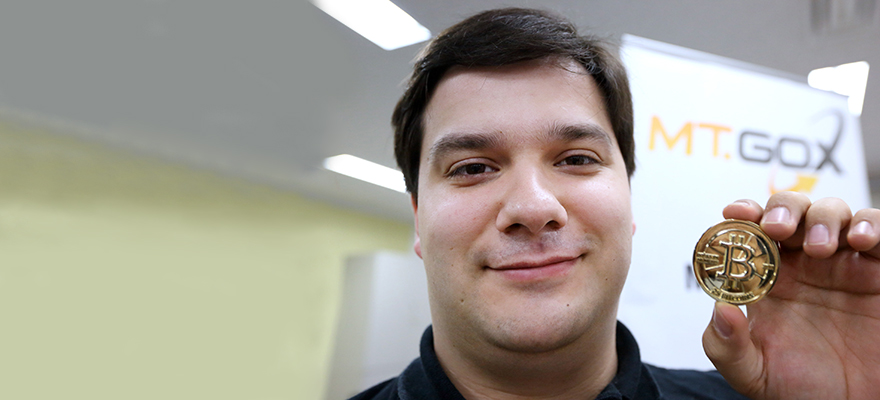A US federal judge has rejected an attempt by the former CEO of now-defunct Mt. Gox, once the world’s largest Bitcoin trading venue, to dismiss a lawsuit over his handling of the exchange during his time as its “sole controlling force.”
A press release confirms Mark Karpeles will face court over allegations of leaving major security holes that led to future hack attempts.
Plaintiff Gregory Greene, a former customer of Mt. Gox , filed a complaint on behalf of bitcoin users in a US district court in Philadelphia, accusing Mt. Gox and its CEO Mark Karpeles of negligence and fraud for not protecting the exchange from theft.
Greene, who claimed his own bitcoin holdings were about $25,000, said Mt. Gox failed to provide its users with the level of security protection for which they paid.
However, Karpeles claimed the court lacks jurisdiction and filed a motion asking the judge to dismiss the lawsuit.
Japanese court found Karpeles not guilty
Mt. Gox went offline in 2014 in the single biggest setback in the history of Bitcoin after 850,000 bitcoins were stolen in a hacking attack. Under suspicious circumstances, the Japanese exchange claimed it had lost track of about 750,000 bitcoins belonging to customers and another 100,000 of its own, but later said it had found 200,000 bitcoins.
As suspicions rose, Karpeles was arrested in Japan on embezzlement, breach of trust, and data manipulation charges. Tokyo prosecutors called for a 10-year prison sentence, but a Japanese court found Karpeles not guilty and handed down a suspended prison sentence for the falsification conviction.
Mt. Gox is now undergoing bankruptcy rehabilitation in Japan, overseen by court-appointed trustee Nobuaki Kobayashi.
Those assets, currently valued at nearly $1 billion, was supposed to be distributed to shareholders as part of the liquidation. This is because the value of creditors’ claims is calculated in the exchange rate between Bitcoin and the Japanese yen on the bankruptcy date in April 2014, instead of current rates.
Last year, the trustee sold nearly $400 million worth of Bitcoin and Bitcoin cash to generate proceeds to pay back creditors. At the time, cryptocurrency traders blamed the sale of Mt. Gox’s holdings for negatively impacting Bitcoin’s price.

















